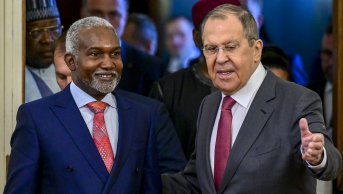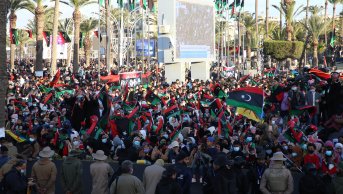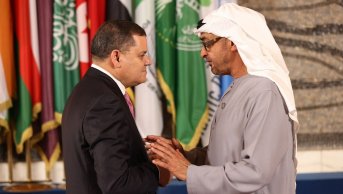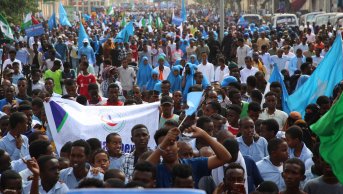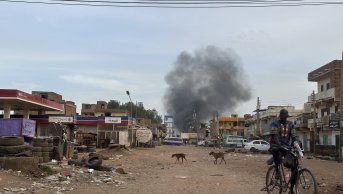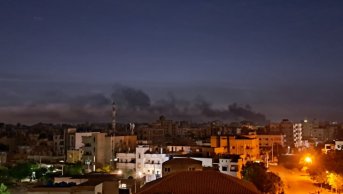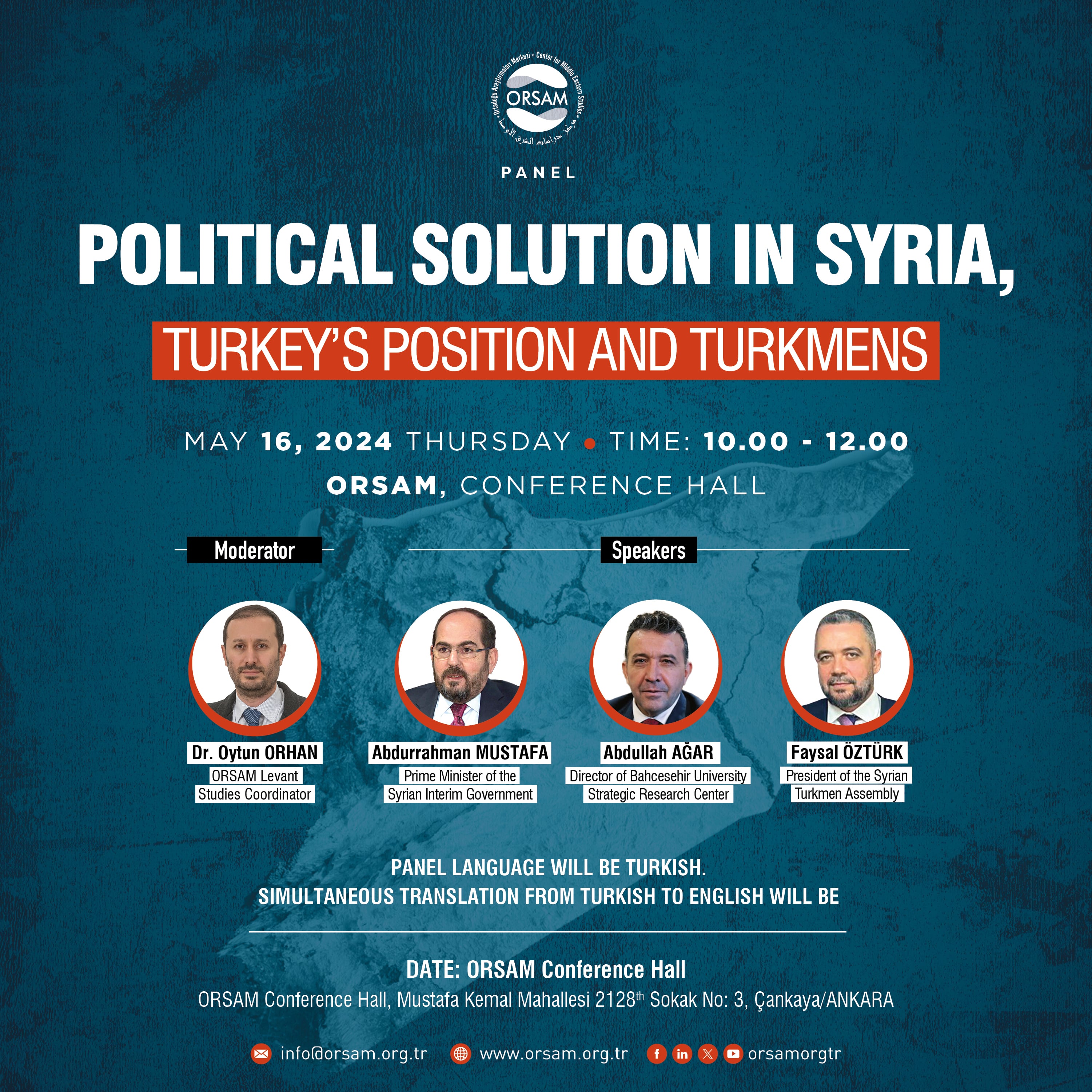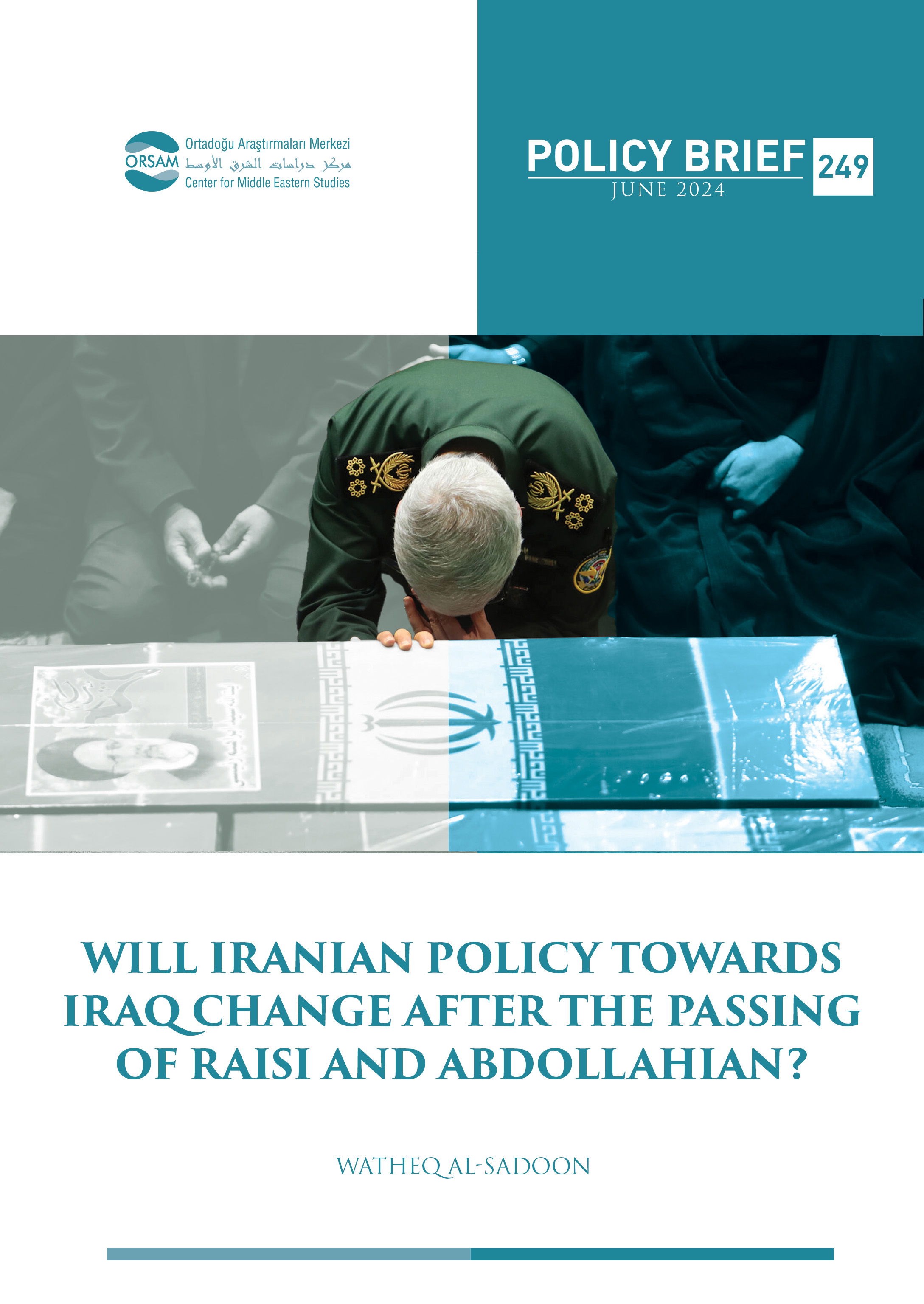Postponed Libyan Presidential Elections and Macron’s Pragmatism
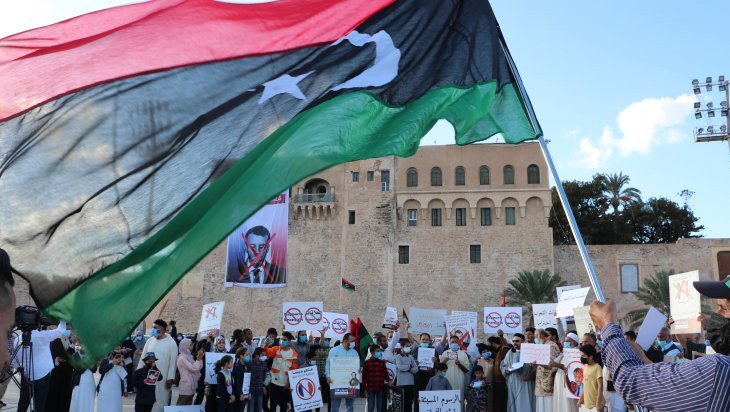
One of the basic priorities of France's foreign policy is to ensure security in the Mediterranean in line with its national interests. Considering Libya’s influence over the Mediterranean and its geopolitical and geo-economic position in relation to its former colonies, French decision makers have pursued an active Libyan policy during the last ten years. In this direction, the administration of Emanuel Macron provided Khalifa Haftar, the leader of the forces in the east, with serious diplomatic and military support and became one of the international masterminds of the 2019 attempt to invade Tripoli. However, the failure of the invasion attempt and the process of political dialogue initiated right after it pushed Haftar out of the equation and limited his influence to the eastern part of the country. Hence, given the low probability that Haftar could play an active role in the political scene in the medium and long term, it has become a necessity for France to establish contacts with alternative candidates. In this context, the Libyan elections, planned for December 24th but postponed due to various reasons, have become a critical turning point for Macron’s pragmatic strategies for Libya.
‘Mr. Libya’ and Macron’s Strategies for the Elections
It is possible to associate the transformation in France’s Libyan policy with the diplomatic and military stance of Turkey and with increasing Russian military engagement in the country through Wagner’s mercenaries. As such, the Macron administration is highly concerned about Turkey’s close relations with Abdul Hamid Dbeibeh, the current Prime Minister and one of the favorite candidates for the elections. On the other hand, Saif al-Islam Gaddafi, son of the ousted leader Muammar Gaddafi, to whom Russia provides serious support, has a strong support base among people living in the south of the country. Therefore, France aims at establishing new alliances in the west of the country, on the one hand, to exonerate itself of its dirty record in Libya, and on the other hand, to balance Turkey and Russia, its two competitors in Libya. The Paris Conference on Libya, hosted by France in November as an extension of this approach, clearly indicates that France has set sights on extending its sphere of influence in Libya by re-assuming the role of mediator between the parties. The latest of the steps taken by Macron to ensure France’s influence in the country after the presidential elections has been the secondment of his special representative, Paul Soler, also known as ‘Mr. Libya.’
According to the France-based Africa Report, Soler has been lobbying intensely in the west of the country by contacting presidential candidates before the elections. Soler, one of the architects of France’s Libyan policy, is at the same time among the designers of the Paris Conference symbolizing France’s return to Libya. In December, Soler met with the prominent presidential candidates, including the current Prime Minister, Dbeibeh, former Interior Minister Fathi Bashagha, and Libya’s former ambassador to the UAE, Aref Nayed. In addition to that, Soler continued to observe the situation by attending “5+5 Libyan Joint Military Commission” meetings held in Tunisia. Again, according to the report, Soler was guided by Paris to concentrate on the candidates of the western region and to pay special attention to them. It is possible to relate this attitude to the fact that the electorate in the west is in a much more advantageous position in comparison to those in the eastern and southern regions. Hence, it is possible to claim that France is considering the alternative scenarios with regard to the elections. In fact, the Macron administration, unable to read the local dynamics properly, is in search of establishing a balance within the structure that will be formed after the elections. The positive reception of Dbeibeh, who took office in March, the visits made and the discourses of senior officials during the period shed light on Macron's current Libya policies.
Competition within Europe and the “Discourse on Mercenaries
Nevertheless, in a period where a common policy by the European Union (EU) is missing, Germany’s increasing influence in Libya through Berlin Conferences and German - French competition pushed France to embark on proactive moves. In this sense, Paris has come under fire due to its policies on the grounds that they have created divergences within the EU by acting on the basis of its sole interest. Germany, which maintained its neutrality during this period by acting under the supervision of international organizations, has taken over the “international mediator” status given up by France and won the confidence of the different parties inside Libya. On the other hand, this situation has led France, which had been in first place in the 2019 and 2020 World Soft Power Indices, to face a significant loss in foreign policy instruments under the Macron administration. Therefore, the success of Soler’s activities in the region is critical not only for France’s policies in Libya but also for its long-term strategies, especially in Western and Sub-Saharan Africa.
Another factor affecting France’s pragmatist and realist election strategies is Turkey’s military existence in Libya. France, desiring to have a say in the restructuring of the security sector in Libya, aims at increasing the international pressures on Turkey by treating, in discourse at every opportunity, Turkey’s troops in Libya as equals with the foreign mercenaries in the country. At this point, the three-staged evacuation plan proposed by Macron foresees the discharge, first, of the Syrian mercenaries, then the mercenaries of the Russian-backed Wagner Group, and finally, the Turkish armed forces. No specific scheme is foreseen in the plan for the future of the local troops as well as the Chadian, Sudanese, and Syrian mercenaries affiliated with Haftar. President Macron intends to win the support of US President Biden for the implementation of the plan.
Conclusion
France, which has recently taken steps to pursue pragmatist and inclusive policies in Libya, is likely to encounter some fundamental problems there. Having observed that aggressive policies have come to nothing, France tries to follow a more inclusive and impartial approach towards the Libyan presidential elections. With this approach, France, which wants to have a say in the post-election administration, aims to acquire, like Turkey, a military base in the country by increasing its military engagement in Libya. However, it is possible to say that the attempts to get in touch with the candidates of the western region by Paul Soler, entrusted by Macron with this task, could be perceived negatively by the Libyan people. In fact, it has been observed that slogans against France and Macron have risen to prominence in the protests carried out in different parts of Libya against the controversial election laws. On the other hand, the support provided by France to Haftar with the invasion of Tripoli in 2019 continues to negatively affect the perception of France in the cities of Tripoli, Misrata, and Zawiya, located in the west of the country. Moreover, the Macron administration has declared its support for the election law introduced by Aguila Saleh and aggravated the disputes occupying the Libyan agenda in terms of both the timing of the law and the criteria for the selection of candidates. As the postponement of the elections is finalized and security in the country becomes a more delicate and complex issue, it is highly unlikely that France will remain indifferent to the clashes between militia and tribal groups in the south of the country.

